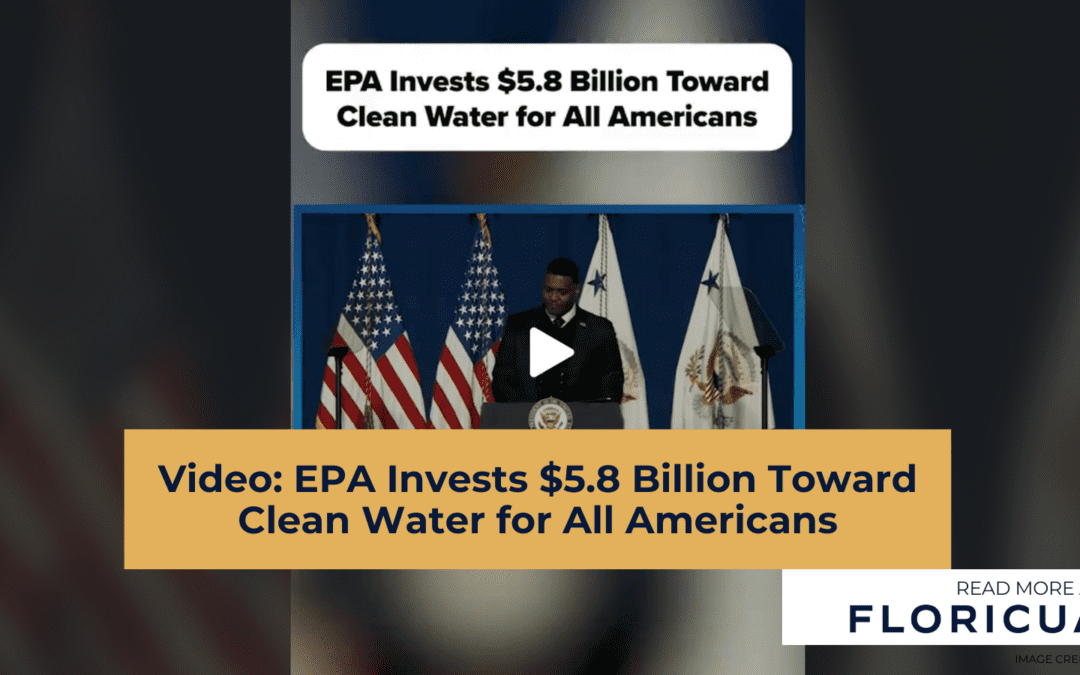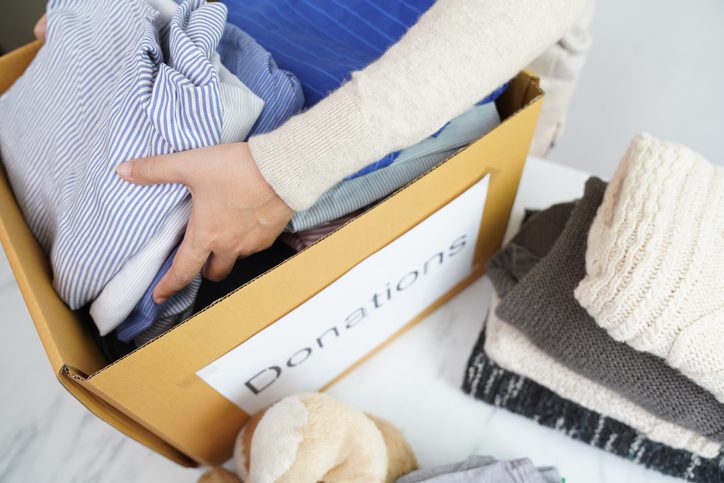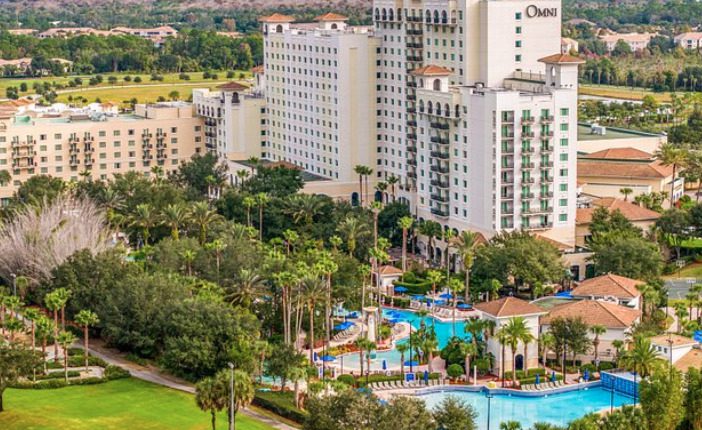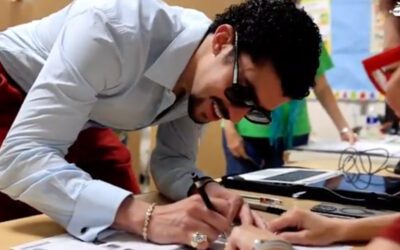State officials shuttered public schools for the rest of the academic year. But what about private schools?
North Carolina is one of 44 states (along with Washington D.C.) that have announced that public school campuses will be closed for the rest of the year, meaning that 1.47 million North Carolina kids won’t be going back to school until the fall at the earliest.
Most considered it a necessary decision. “The time to reopen the public schools is when the experts tell us it’s safe to go back to school,” North Carolina Association of Educators president Mark Jewell told Cardinal & Pine. “Everything we see right now tells us it’s just not the time. Putting 40 kids in a classroom is just not realistic.”
But when Gov. Roy Cooper announced that public school campuses would stay closed for the remainder of the school year due to the coronavirus, he opened the door for private and parochial schools to “make their own decisions about how they teach children” for the rest of the year.
“I know most all are working very hard so there is proper social distancing and hygiene, and we hope they are following guidelines that have been provided by our Department of Health and Human Services,” Cooper said.
More than 102,000 North Carolina children were enrolled in private school as of the 2018-2019 school year, according to the North Carolina Department of Administration.
For the most part, however, it appears that many of North Carolina’s largest private schools followed the lead of the state’s public schools.
Large schools like North Raleigh Christian Academy, Cary Christian Academy, and Charlotte Christian Academy have either said their campuses are indefinitely closed or haven’t said publicly whether they’ll continue distance learning through the rest of the year.
Charlotte Country Day School, Providence Day School in Charlotte, Cardinal Gibbons High School in Raleigh, Ravenscroft Academy in Raleigh, Wesleyan Christian Academy in High Point, Durham Academy, Forsyth Country Day School in Lewisville, and Metrolina Christian Academy in Indian Trail all confirmed either to Cardinal & Pine directly or via public statements and social media posts that they’ll continue distance learning through the rest of the year.
It’s unclear whether private schools were ever expected to follow the Governor’s orders. In North Carolina, public schools first closed when Cooper ordered a closure from March 16 to March 30.
Complicating matters is that there’s often conflicting guidance from federal, state, and local officials on how to proceed. President Donald Trump urged governors Monday to “seriously consider” reopening schools, according to CNN.
But Dr. Anthony Fauci of the presidential coronavirus task force said earlier this month that conditions were too “unpredictable” to confidently say whether or not schools will be able to open in the fall.
In Statesville, Cornerstone Christian Academy’s campus for pre-K-12 students was still open after Cooper’s order came down, and principal Renee Griffith told Cardinal & Pine that the school closed March 26, a day before Cooper’s stay-at-home order.
“We were probably the last private school in the state to close,” she said.
Cornerstone’s last day of learning is scheduled for May 15. But Griffith, a former Republican Iredell County commissioner who expressed skepticism of the economic shutdown in an April 7 Facebook post, told Cardinal & Pine that should Cooper not extend the state’s stay-at-home order on May 8, her school’s plan is to reopen on a very limited basis on May 11.
Although NCAE represents public school employees only, Jewell pointed out that many private schools in North Carolina participate in the state’s “Opportunity Scholarship” voucher program. Cornerstone is one of 11 schools in Iredell County participating in that program.
When it comes to next year, most private schools — much like the state’s public schools — appear to be taking a wait-and-see approach. Wesleyan spokesperson Alana Greene said Tuesday that the school plans to open again on August 18 pending guidance from “trusted sources” and state officials, while Forsyth Country Day School spokesperson Beth Mack told Cardinal & Pine that the school hopes to reopen its year-round preschool over the summer.
“Our calendar calls for us to return on Aug. 18,” Providence Day School’s Leigh Dyer said in an email. “Our on-campus presence at that time will be determined by Gov. Cooper’s guidance.”
In North Carolina, the government body which oversees private and homeschool education is the Division of Non-Public Education in the Department of Administration. It’s unclear what process or notification, if any, private schools would be required to give the state in order to reopen this year. (Emails to DNPE were referred to the Department of Administration’s communications office, which did not return an email or phone call. Cooper’s office didn’t respond to multiple emails requesting comment.)
“DNPE recommends that private schools follow the guidance issued by the CDC, the NC Department of Health and Human Services, and the Governor,” the agency’s website says. “It is recommended that gatherings of more than 10 people be discontinued. It is the discretion of each private school to decide how to proceed with instruction.”
Griffith said that there are three buildings at Cornerstone Christian, two of which are currently being used as an emergency daycare center for essential workers. If all goes according to plan, the third would reopen for appointments with students who need individual tutoring with a teacher. She insisted that the school would check the temperatures of everyone coming into the building and that social distancing guidelines would be followed, with no more than 10 people allowed into that area of the school at a time.
Griffith cited the school’s population of children with learning disabilities — roughly a third of the school, she said — as a reason to open the school again for tutoring.
“Teaching is based around interaction with a child, and it doesn’t lend itself to everyone being able to complete the curriculum at home,” she said. Griffith also expressed hope that the school would be able to offer summer school and camp for students.
While the school has abided by the stay-at-home order and other restrictions, she said in an email that her own personal view about the state’s response to the crisis hadn’t changed over the past month.
“In fact, I feel even more strongly regarding the shutdown of NC, its schools, and the economy. If you look at the numbers for NC (total deaths divided by population) I do not agree with the restrictions,” Griffith said. “I am also concerned about the erosion of personal liberties and freedoms. Just my two cents.”

Video: EPA Invests $5.8 Billion Toward Clean Water for All Americans

Florida Republicans delay ‘fetal personhood’ bill after Alabama IVF ruling
A Florida Senate committee announced Monday that it is postponing a Republican bill that would give fetuses civil rights as children. But opponents...

5 places in Florida to donate clothes, shoes, and more
Decluttering your home can provide such a satisfying feeling of accomplishment. After sorting through all of your belongings and determining what...

8 Orlando hotels that pack as much fun as the theme parks
With waterslides, family arcades, playgrounds for the kids, and spas for mom and dad, these Orlando hotels will make your vacation unforgettable!...



